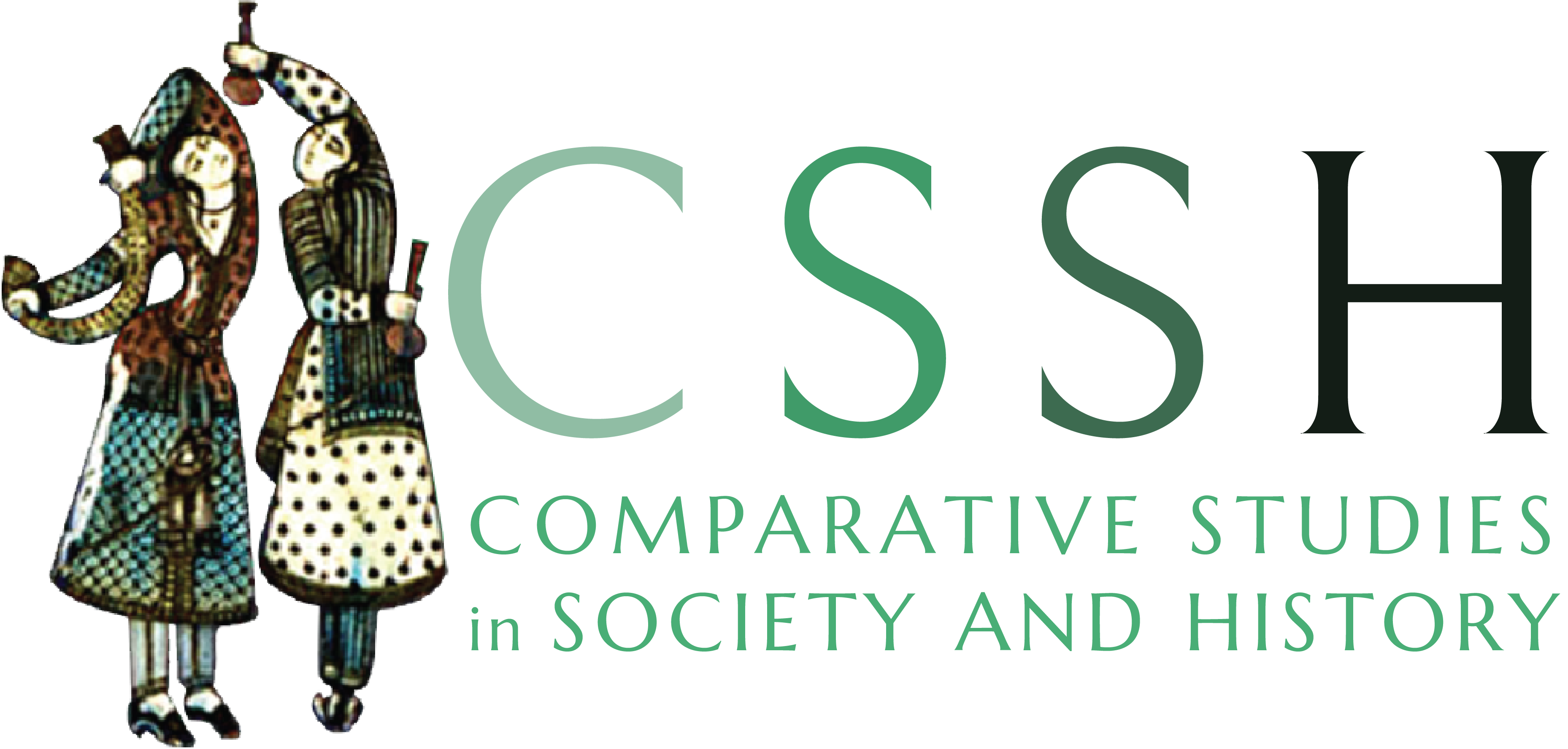CSSH congratulates Rebecca Bryant (“Partitions of Memory: Wounds and Witnessing in Cyprus,” CSSH 54-2, 2012 and “An Aesthetics of Self: Moral Remaking and Cypriot Education,” CSSH 43-3, 2001) on her new co-edited volume, The Anthropology of the Future (Cambridge University Press, 2019). The publisher summarizes the book as follows:
Study of the future is an important new field in anthropology. Building on a philosophical tradition running from Aristotle through Heidegger to Schatzki, this book presents the concept of ‘orientations’ as a way to study everyday life. It analyses six main orientations – anticipation, expectation, speculation, potentiality, hope, and destiny – which represent different ways in which the future may affect our present. While orientations entail planning towards and imagining the future, they also often involve the collapse or exhaustion of those efforts: moments where hope may turn to apathy, frustrated planning to disillusion, and imagination to fatigue. By examining these orientations at different points, the authors argue for an anthropology that takes fuller account of the teleologies of action.
Over the last few decades, politicians in Europe and North America have fiercely debated the effects of a growing Muslim minority on their respective national identities. Some of these countries have prohibited Islamic religious coverings in public spaces and institutions, while in others, legal restriction remains subject to intense political conflict. Seeking to understand these different outcomes, social scientists have focused on the role of countries’ historically rooted models of nationhood and their attendant discourses of secularism.Emily Laxer’s Unveiling the Nation problematizes this approach. Using France and Quebec as illustrative cases, she traces how the struggle of political parties for power and legitimacy shapes states’ responses to Islamic signs. Drawing on historical evidence and behind-the-scenes interviews with politicians and activists, Laxer uncovers unseen links between structures of partisan conflict and the strategies that political actors employ when articulating the secular boundaries of the nation. In France’s historically class-based political system, she demonstrates, parties on the left and the right have converged around a restrictive secular agenda in order to limit the siphoning of votes by the ultra-right. In Quebec, by contrast, the longstanding electoral salience of the “national question” has encouraged political actors to project highly conflicting images of the province’s secular past, present, and future.At a moment of heightened debate in the global politics of religious diversity, Laxer’s Unveiling the Nation sheds critical light on the way party politics and its related instabilities shape the secular boundaries of nationhood in diverse societies.


